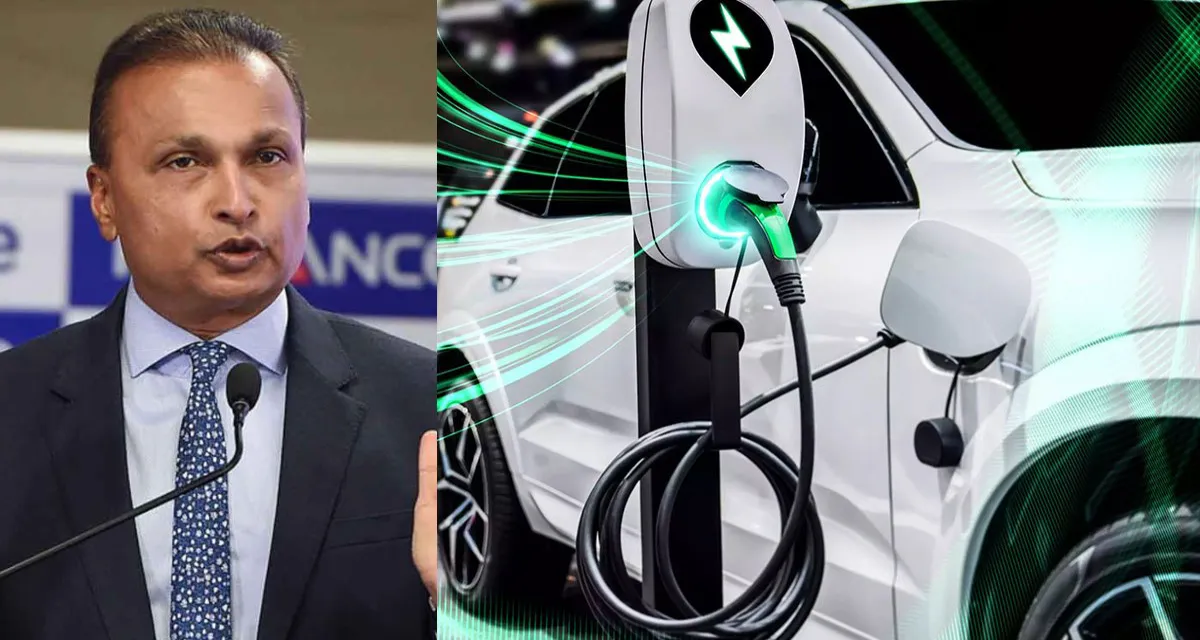

India's Reliance Infrastructure is venturing into the electric vehicle (EV) sector, with plans to manufacture electric cars and batteries. The company, part of Anil Ambani's Reliance Group, has appointed former BYD Co executive Sanjay Gopalakrishnan as a consultant to guide this new initiative.
Reliance Infrastructure is currently assessing the feasibility of establishing an EV manufacturing plant, initially targeting a capacity of 250,000 vehicles per year, with a potential expansion to 750,000 vehicles. Additionally, the company is exploring the creation of a battery plant, starting with a capacity of 10 gigawatt hours (GWh) and scaling up to 75 GWh over the next decade.
The news of these plans, which has not yet been officially confirmed by Reliance Infrastructure, was first reported by Reuters and led to a nearly 2% increase in the company's share price.
Sanjay Gopalakrishnan, who previously led BYD’s electric passenger vehicle business in India, including launching three EV models and establishing a dealership network, will provide consultancy services for the project. Gopalakrishnan has not commented on the new role.
This move by Reliance Infrastructure puts it in direct competition with Mukesh Ambani’s Reliance Industries, which is also investing in battery production and recently secured government incentives for 10 GWh of battery cell production.
The Indian EV market, though currently a small segment with less than 2% of the 4.2 million cars sold last year, is expected to grow significantly. The Indian government aims to increase this share to 30% by 2030, with over $5 billion in incentives for local EV and battery production.
Battery manufacturing in India is still emerging, with companies like Exide and Amara Raja partnering with Chinese firms for technology. Reliance Infrastructure is also seeking partners, including Chinese companies, and aims to finalize its plans within a few months.
In the competitive EV landscape, Tata Motors leads with nearly 70% of the market, while rivals like MG Motor and BYD are gaining momentum. Major auto manufacturers Maruti Suzuki and Hyundai Motor plan to enter the EV market by 2025.
Also Read: